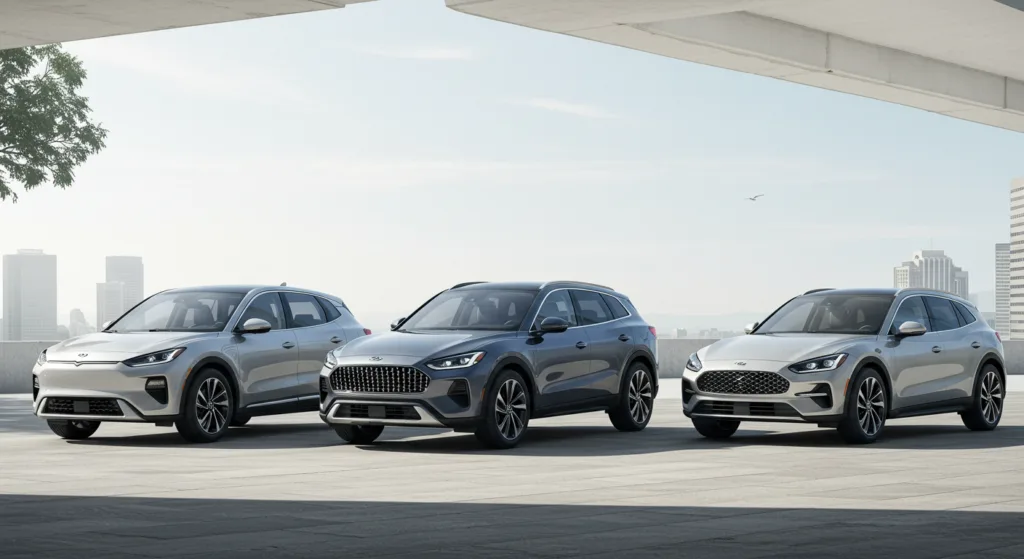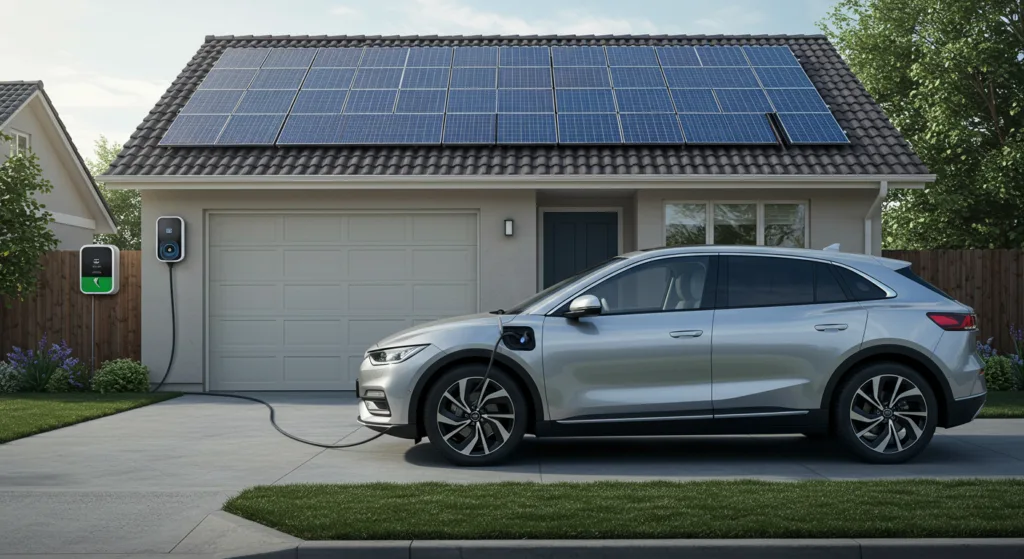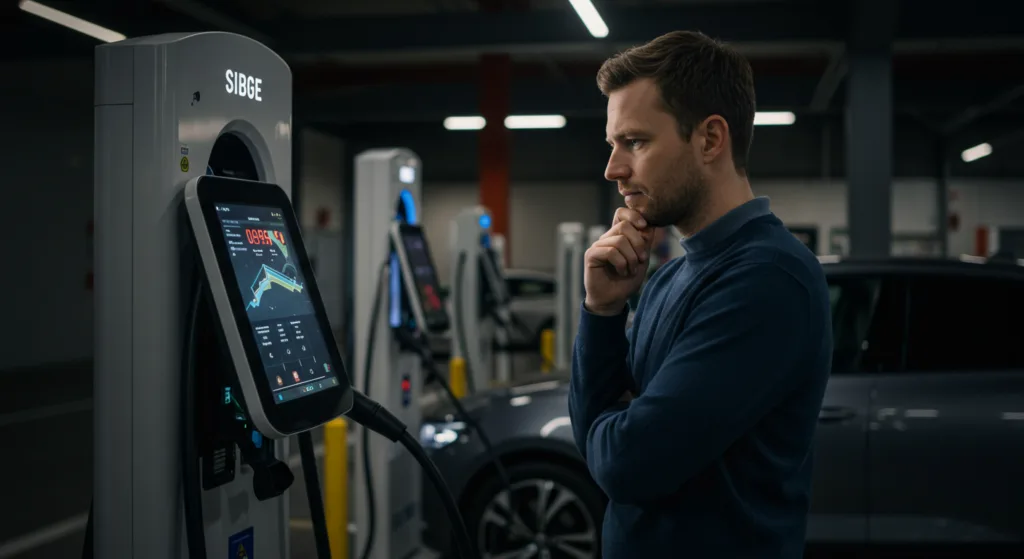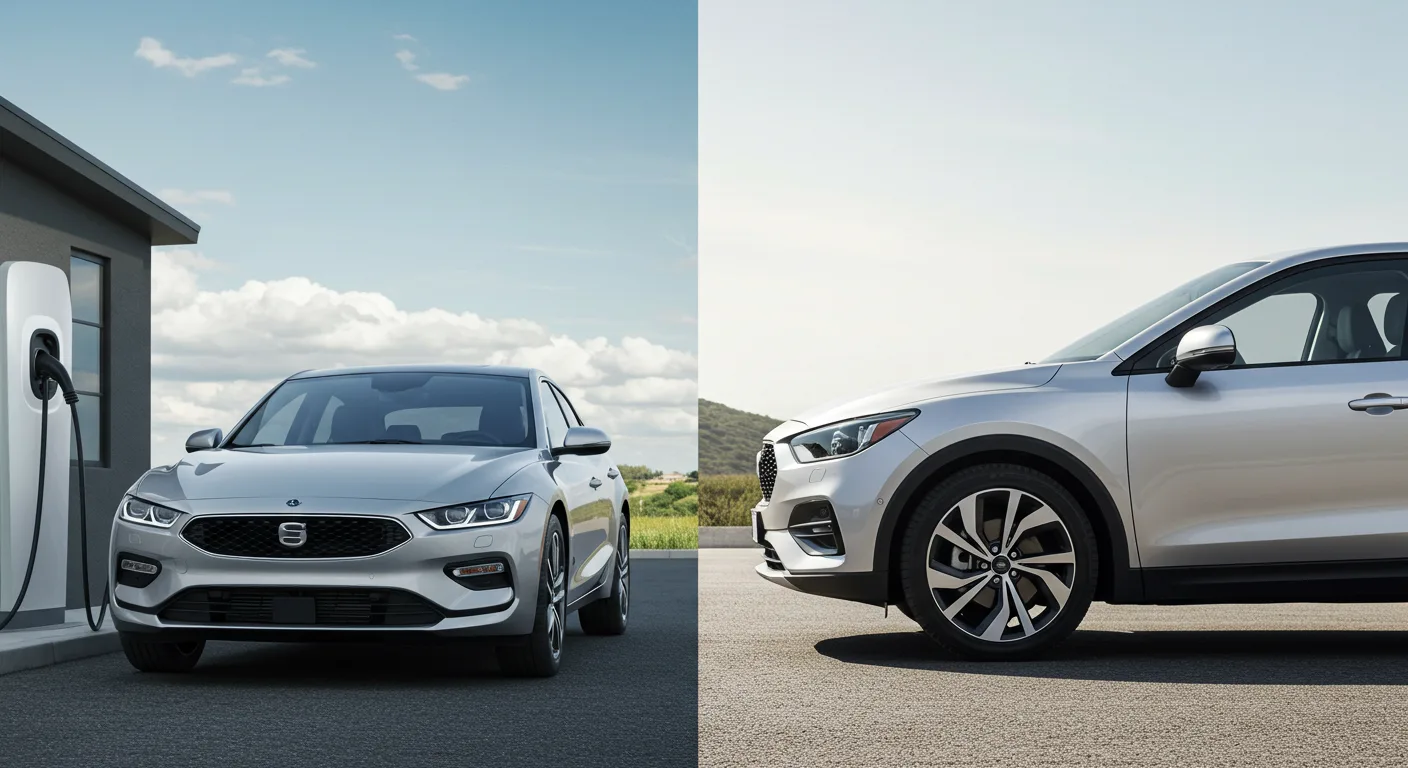Is Buying an Electric Car in 2025 Still a Smart Financial Decision?

Buying a 2025 Electric Vehicle: Still a Sound Financial Option? As we continue deeper into a future with electrified cars, some consumers have a simple query: Is a plug-in car purchase worth it financially in 2025? With constantly moving incentives, battery prices, electricity prices, and technological advancements, the response is not as straightforward as perhaps a few years ago. Let’s look at the real dollar impact of plug-in car ownership today—up front, and over time, including savings.
💸 Upfront Costs Are Getting More Competitive
Whereas EVs previously cost much, much more than gasoline versions, that gap has narrowed significantly. It will cost around $50,000 on average for a brand-new electric car in the US as of 2025, down from $65,000 a few years back. Mass-market players Chevrolet Equinox EV (around $35,000) and Hyundai Kona Electric (around $33,000) offer buyers with low barriers, especially after state and federal incentives.
For qualified models, $7,500 may be received at purchase as a federal tax credit, reducing the effective cost immediately. Some states, such as Colorado and California, also offer a rebate of $2,000 to $5,000, reducing the cost as well.
⚡ Charging vs. Fuel: Big Savings Over Time
EV’s are still less expensive to fuel than gasoline cars. Home charging of an EV in the US averages $0.14 per kilowatt hour, which would make a 250-mile fill-up $10–12. Gasoline fuel for a 30 MPG vehicle for the same 250 miles would be perhaps $25–30, based on fuel prices.
Public fast charging is also more expensive—especially for 2025, at $0.40 to $0.60 per kWh on average—but residential charging is sufficient for most motorists’ needs. Electric vehicle owners might save up to $900 to $1,200 a year on fuel alone, according to the U.S. Department of Energy.
🔧 Maintenance Costs Are Lower Long-Term
There are fewer components that can break down because electric vehicles have fewer moving parts. EVs also require no engine oil changes, transmission fluid, or exhaust system repairs. Gas cars cost consumers around 50% less for repairs and maintenance over the lifetime, according to Consumer Reports data.
By 2025, battery technology has matured, and batteries are now consistently guaranteed for 8-10 years or 100,000+ miles. Long-term longevity is only improving as solid-state batteries are entering premium EV competition, further minimizing worries about replacements later on.
💰 Resale Value Is More Stable Than Before

Resale value is one place where EVs once struggled, but not anymore. With increased consumer demand and better range and charging speeds, used EVs are holding onto value better. Kelley Blue Book reports that trend-setting models like the Ford Mustang Mach-E and Tesla Model Y are holding onto better than 60% of their initial value after three years, on par with best-selling gas-guzzlers.
Resale value is particularly well-suited for models qualified for incentives, with extended ranges (over 300 miles), and with rapid charging.
🧾 Incentives Still Make a Big Difference in 2025
One of the primary differences 2025 makes is the way EV incentives are processed. Due to revisions made to the Inflation Reduction Act, eligible purchasers are now entitled to receiving the $7,500 tax credit at the dealership right away, rather than having to wait until tax time. This has essentially lowered the price of EVs significantly for middle class families.
Yet, a variety of factors determine eligibility now:
Needs to be constructed in North America
Battery materials and minerals are subject to sourcing requirements
The purchaser’s income level must be below stated levels (e.g., $150,000 for unmarried filers)
They have a profound impact on tipping total cost of ownership solidly into the EV’s favour, but are only confirmed at the point of purchase for qualifying customers.
Energy Pricing and Grid Trends Do Matter Prices for electricity have actually been steadier than for gas, even with greater demand on the system. More, a growing number of utilities offer time-of-use pricing, encouraging off-peak charging. That frees up as low as $0.05 per unit at night—cutting charging fees further. Also, for 2025, most new electric vehicles have bidirectional charging capability, meaning they can feed your house with electricity during outages, as well as sell energy back into the grid.
That’s long-term financial return that gasoline cars cannot offer. Financial value is not only generated through fuel efficiency, tax rebates, but also through sustained resale value, low maintenance, and energy advantages developed. While purchase at point-of-sale may look costly in some cases, total cost of ownership still makes EVs a viable economic choice for most customers.
Are Electric Cars Still Worth It with Rising Prices and Charging Costs?

With increasing sticker prices for EVs and increasing prices for charging, drivers find themselves wondering: Are electric cars still a value proposition in 2025? The short response is not a straightforward one, but let’s look at what you will see if you look at total cost, shifting charging realities, and what you will actually drive for.
📈 EV Prices Are Stabilizing—But Still Vary Widely
EV prices are settling down—But Remain Highly Volatile
In previous years, global supply chain disruptions and a lack of battery components drove prices for EVs through the roof. However, for 2025, prices are back down to earth. According to industry data, a typical price for a US EV currently is about $50,000, down from over $65,000 at their peak 2022 prices.
While there are a few models—like the Tesla Model S Plaid or Lucid Air Sapphire—that exceed six figures, most automakers now have offerings that are priced reasonably. The Chevy Equinox EV, Hyundai Kona Electric, and Nissan Leaf are all priced at less than $35,000 (before incentives), within budgets for middle class.
In addition, with the $7,500 federal tax credit now qualified at purchase, an actual out-of-pocket expense can be reduced—assuming the car and buyer qualify.
⚡ Public Charging Is Getting More Expensive—But Home Charging Still Wins
It’s a fact: Public fast charges have gone up. On networks including Electrify America or EVgo, charges range from $0.40 to $0.60 per kWh, especially at city locations or peak. At $25–30 for a full 300-mile fill-up, this is about what a fill-up on a fuel-sipping sedan would cost.
But there’s a rub—over 80% charge at home for most of their charging. At a $0.14 per kWh average US cost of electricity, that same 300-mile fill-up will cost $12–14. And with time-of-use pricing from your utility, you can bring your rate down to $0.05–0.07 per kWh off-peak, lowering your cost of charging as much as 70%.
So while public charging is costly, home charging is where EVs still enjoy cost advantages.
Even with raised charging fees for consumers and some dealers’ price increases, 2025 plug-in vehicles have great residual value. Lower maintenance, cheaper at-home charging, technological advancements, and up to $7,500 worth of federal tax credits make plug-in vehicles a smart financial and eco-friendly choice for many drivers—especially those charging at home and keeping a car for a few years.



